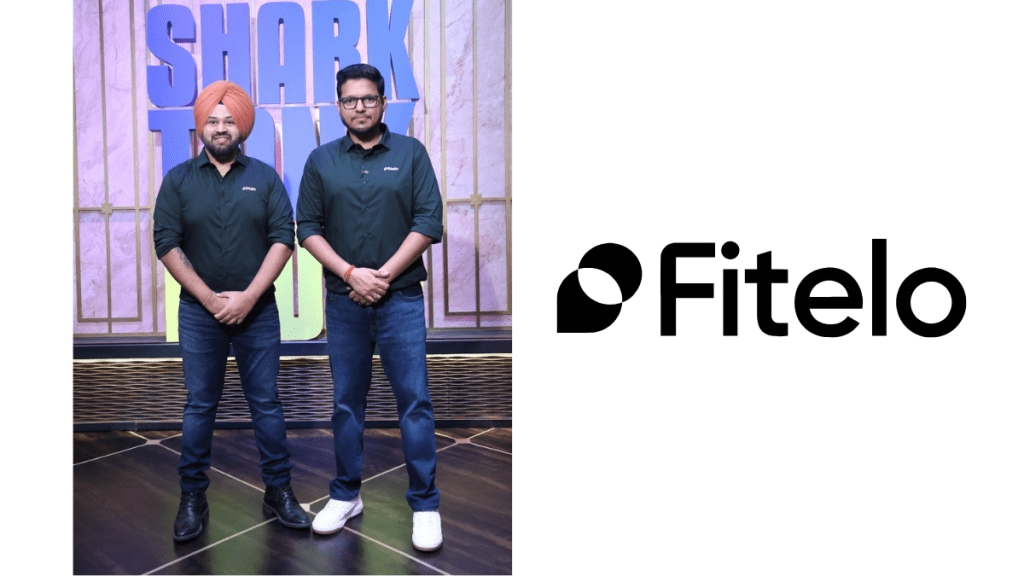Weight loss has to be one of the few universally frustrating things. For millions, it’s a cycle of hope, struggle, and eventual surrender to diets that overpromise and underdeliver. But for Sahil Bansal and his co-founder, their personal battles with weight gain didn’t just lead to another failed diet—they sparked the idea for Fitelo, a wellness platform that claims to offer a more personalised, habit-based approach to health. Now wellness platforms in India aren’t new, nor is the weight loss industry. The weight management market size in India is currently valued at $25.2 billion as of 2024, according to IMARC Group. The market growth, for the same, is expected to be a CAGR of 8.79% and an expected outcome of $55.9 billion by 2033.
According to the co-founders, with an annualised revenue run rate of over Rs 120 crores and a clientele of 40,000, Fitelo positions itself as an alternative to generic diet plans and weight-loss fads. The company emphasises personalisation, behavioural science, and long-term habit formation—three elements that traditional weight-loss programs often overlook.
“We saw that existing solutions were either superficial or short-term fixes,” Sahil Bansal, Cofounder and CEO, Fitelo, told financialexpress.com. “Weight loss isn’t just about eating less—it’s about metabolic health, psychological triggers, and habit formation. That’s the gap we wanted to address.”
The journey from personal struggle to a structured business took time. Bansal and his team observed that while weight loss is a personal journey, many industry solutions remain rigid and one-size-fits-all. Generic diet plans and quick-fix solutions dominate the market, often ignoring deeper health and lifestyle factors. Fitelo’s approach—developed by a team of dietitians, doctors, fitness experts, and psychologists—focuses on creating plans tailored to individual medical histories, lifestyles, and cultural food habits. “Sustainable health is impossible without addressing the mindset,” Bansal said. “That’s why our psychologists play a pivotal role in every client’s journey.”
In a startup ecosystem where high valuations often outshine financial discipline, Fitelo claims to have taken a different route. The company reports being EBITDA positive, a rare feat for consumer tech businesses focused on scaling. “We’ve focused on building strong content marketing funnels, streamlining acquisition costs, and enhancing customer lifetime value,” Bansal said. Appearing on Shark Tank India provided Fitelo with national visibility. Beyond potential investment, the exposure led to industry mentorship and strategic insights. “It wasn’t just about funding—it was about strategic clarity,” Bansal reflected.
Beyond weight loss
Fitelo has been expanding its focus beyond traditional weight loss, incorporating elements of mental health, corporate wellness, and fitness technology.
The company is currently developing an AI-powered diet and exercise recommendation engine aimed at delivering personalised health plans. Its corporate wellness division is also growing, with partnerships in place with several multinational corporations. International expansion is another area of interest. Fitelo reports serving clients in over 50 countries, though its primary audience remains the Indian diaspora. Moving into native markets like North America and the UK would require adaptation to local dietary habits, health regulations, and cultural expectations. The company is also experimenting with offline wellness hubs in select Tier 1 cities, exploring the potential of blending digital services with in-person consultations.
The challenges posed
Despite its growth, Fitelo faces several challenges. The weight-loss industry is saturated with competitors, and consumer trust is fragile in a market filled with quick fixes. Additionally, integrating AI and behavioural science into weight management requires continuous refinement and adaptation. Fitelo’s future will depend on whether it can maintain its claimed balance between profitability and growth while adapting to evolving industry trends.
